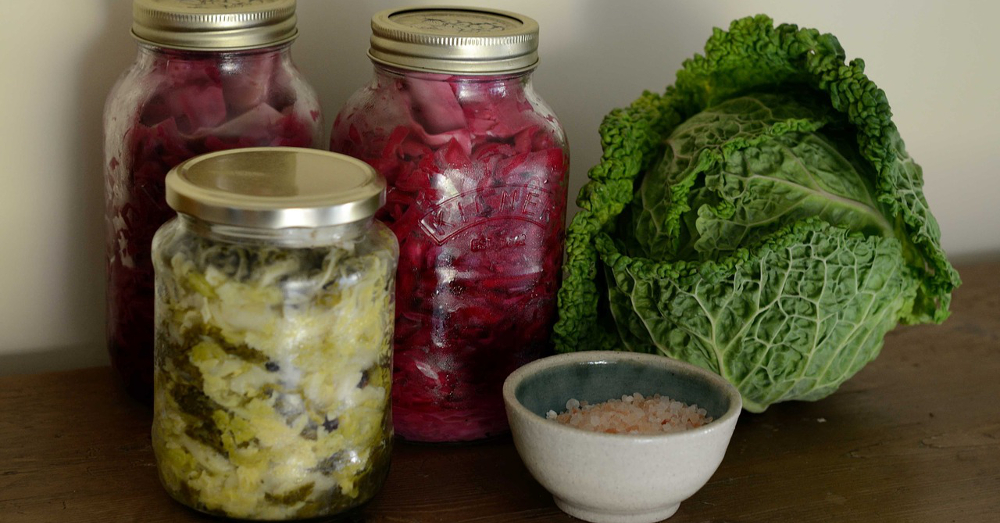
Fermented Foods May Be a Key Component of an Anti-Cancer Diet
Fermented foods are gaining recognition as an important anti-cancer adjunct. The beneficial bacteria found in fermented foods have been shown particularly effective for suppressing colon cancer, but may also inhibit cancers of the breast, liver, small intestine and other organs.
February 13, 2017 | Source: Mercola.com | by Dr. Joseph Mercola
Slowly but surely, scientists are increasingly starting to focus on the influence of nutrition on cancer. Mounting evidence supports the notion that a diet high in healthy fats and low in net carbohydrates (total carbs minus fiber, i.e. non-fiber carbs) may significantly lower your risk by improving mitochondrial and metabolic function.
Fermented foods are also gaining recognition as an important anti-cancer adjunct. The beneficial bacteria found in fermented foods have been shown particularly effective for suppressing colon cancer, but may also inhibit cancers of the breast, liver, small intestine and other organs.
For example, butyrate, a short-chain fatty acid created when microbes ferment dietary fiber in your gut, has been shown to induce programmed cell death of colon cancer cells,1 and cultured milk products may reduce your risk of bladder cancer by about 29 percent.2
Cultured Raw Milk Does Your Body Good
In the case of cultured dairy, lactobcillus and bifidobacterium are primary sources of probiotics in cultured milk products, and these beneficial bacteria have been shown to induce changes reflecting an increase in carbohydrate metabolism.
Both of these bacteria also facilitate excretion of toxins such as Bisphenol A (BPA), and lactobacillus strains in particular may help prevent heavy metal toxicity by binding and excreting these metals.
They've even been shown to reduce the toxicity of heterocyclic aromatic amines (HCA) — cancer causing compounds found in charred meats.3
Kimchi (a Korean fermented cabbage dish) contains probiotics shown to help with the detoxification of organophosphorus pesticides. It also breaks down sodium nitrate, a food preservative associated with increased cancer risk.4
Microbial Metabolism Can Influence Your Cancer Risk
Research by Johanna Lampe, Ph.D., at Fred Hutchinson Cancer Research Center suggests microbial metabolism may affect your cancer risk for better or worse in many different ways, by influencing:5,6
DNA repair
Carcinogen metabolism / detoxification
Hormone regulation
Inflammation
Immune function
Apoptosis (programmed cell death)
Microbial proliferation
Microbial differentiation
Moreover, your gut microbiome — which contains 100 times as many genes as your body's total genome — is involved in important chemical reactions that your gut enzymes cannot perform, including fermentation and sulfate reduction.
Importantly, your gut microbiome helps generate new compounds (bacterial metabolites) that can have either a beneficial or detrimental impact on your health.
On the upside, some of these compounds act as sources of energy and/or help regulate your metabolism and reduce inflammation. Others can cause oxidative stress.7
Food components known to produce beneficial bacterial metabolites include dietary fiber, plant lignans, anthocyanins and linoleic acid, just to name a few.
As noted by Lampe, "availability of nutrients or bioactive substances important for health can be influenced by gut microbiota," and "understanding the impact of the bacterial metabolites on regulatory pathways may help guide future diet and cancer prevention strategies."8
